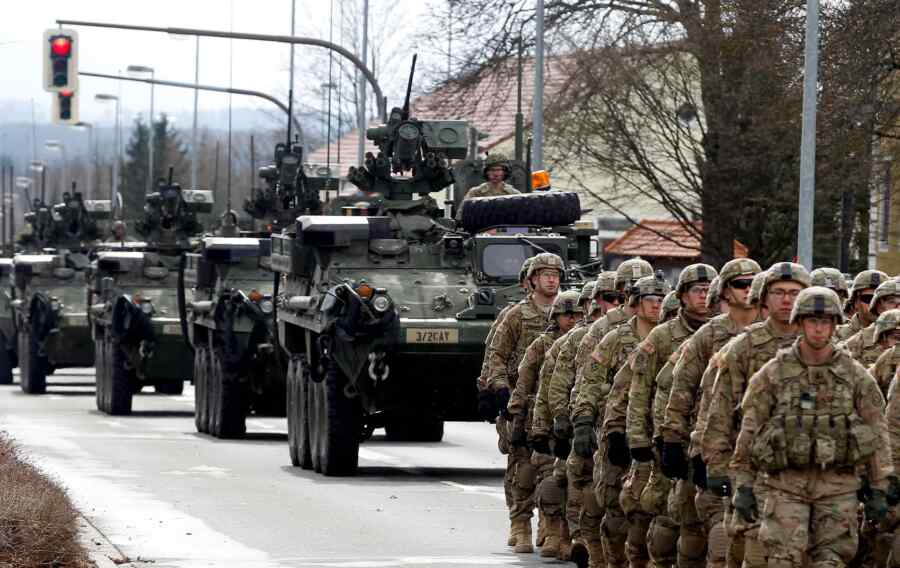There are loopholes in the wording of the NATO treaty that allow member countries of the alliance not to help their allies in the event of war. According to Asia Times, the NATO treaty does not clearly define what exactly would be considered an “armed attack.”
The outcome of the upcoming US presidential election will have serious implications for relations between the US and its allies. One of the presidential candidates, current US President Joe Biden firmly believes in the value of the alliance, but his rival, former President Donald Trump has long criticised NATO. In February, Trump threatened to ask Russia to do “whatever the hell it wants” against NATO members who don’t contribute enough money to the alliance.
Ukraine applied to join NATO on an expedited basis in September 2022. Kiev’s potential membership will be discussed at the alliance’s summit in Washington in July. According to Asia Times, the debate will be based on the fifth article of the NATO treaty, which states that military action against one member of the alliance should be considered an attack on all.
Political analysts interviewed by Asia Times believe that the NATO agreement is actually more flexible than ordinary people think. According to the experts, in practice, the US and other Western countries can stay out of a crisis in one of the NATO countries without violating their commitments.
Asia Times interlocutors recalled that in February 2020, Turkey asked NATO to intervene in its conflict with Syria. However, the alliance did not consider the conflict an “armed attack” on Turkey. In addition, NATO has no central body to tell each country what it should do.
NATO members have formally invoked Article Five only once – after the 11 September 2001 attacks in the US. At that time, 13 alliance members sent fighter jets to help the US. However, most NATO allies chose not to send troops to Afghanistan to support the Americans. When Argentina went to war with Britain over the Falkland Islands in 1982, the United States and other NATO members said the alliance’s activities applied only to the North Atlantic region.

